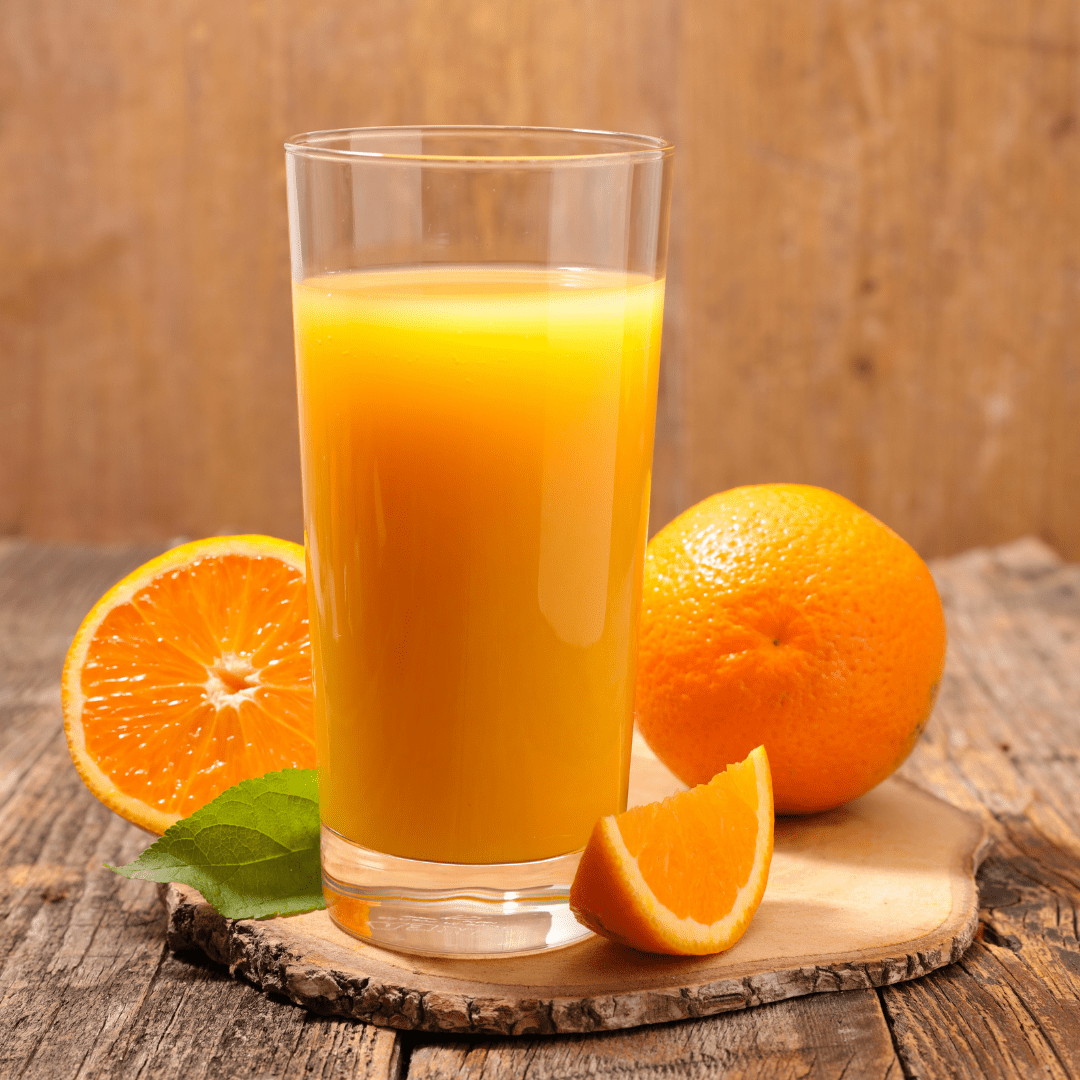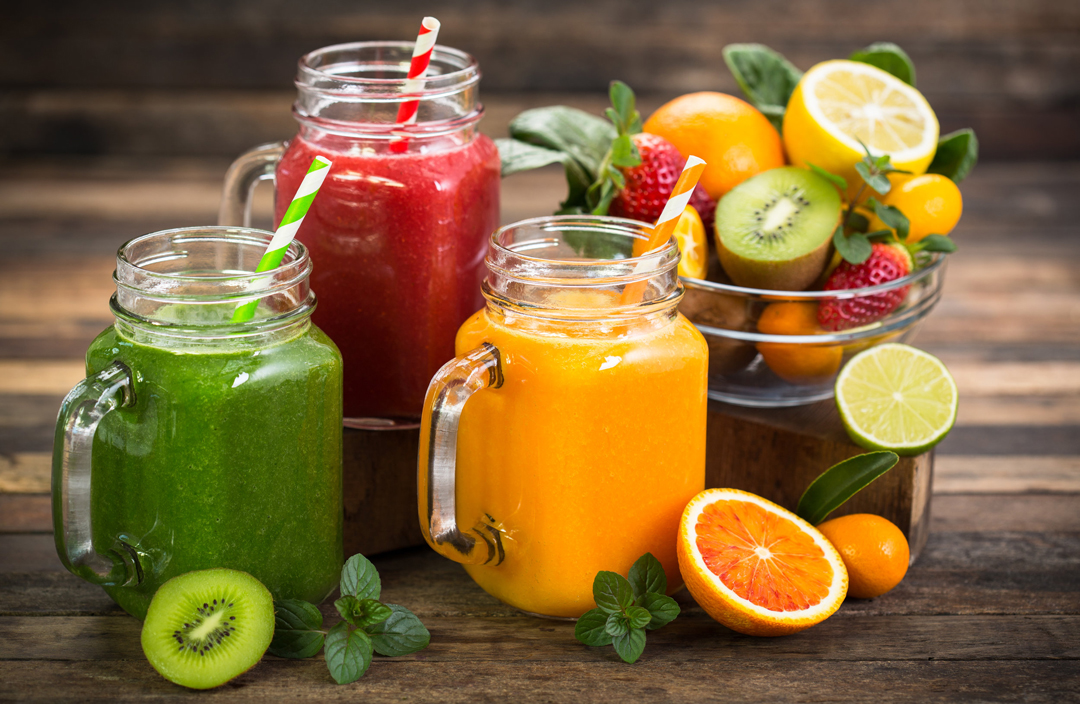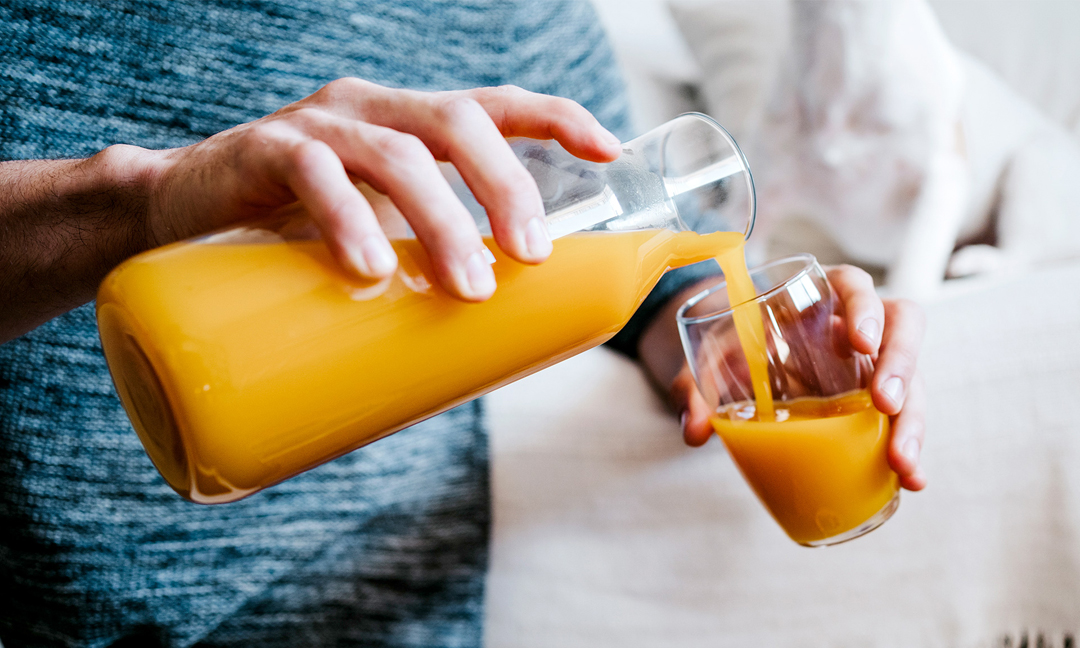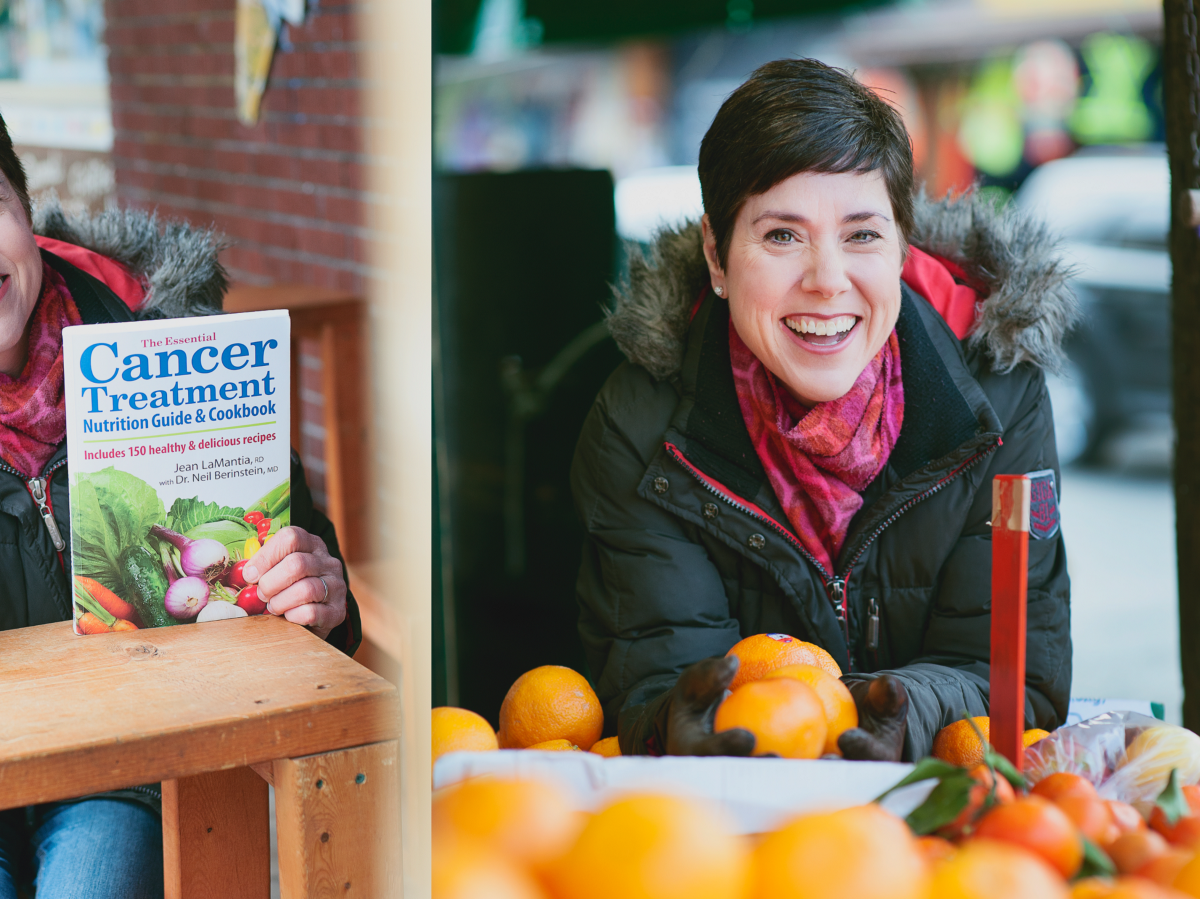
When it comes to juicing for cancer, there seems to be two different opinions on this topic. On one side are the proponents of juicing that report that juicing allows for a large intake of fruits and vegetables and that stripping away the fiber allows for better absorption and bioavailability of the cancer fighting nutrients.
On the other side are those that are concerned that the rapid rise in blood sugar that can be caused by consuming juice will feed the cancer and promote its growth. Which side is right and what does the research say?
In a review of the pros and cons of fresh juice consumption, authors in the UK concluded that consuming 75-224 ml daily of fresh juice did not increase the risk of obesity, type II diabetes, cardiovascular disease or poor glycemic control. They also note that in the short term studies, drinking as much as 500 ml per day was beneficial for blood vessel functioning and reduced blood pressure.
This review also cites two publications that support juice proponents’ belief that the beneficial compounds in juice are more bioavailable in the juiced vs. fresh fruit form.
When it comes to juicing for cancer, we can look at this question from the perspective of prevention and treatment. A review of sugar sweetened beverages and fruit juices found that in observational trials, fruit juice intake was associated with a greater risk of developing cancer as was sugar sweetened beverages. But this analysis didn’t include vegetable juice consumption, which is of course lower in sugar.

When it comes to juicing for cancer treatment, one of the most well-known of the juicing protocols is the Gerson therapy. This protocol includes 13 glasses per day of fresh pressed juice mostly carrot, plus a variety of supplements and a daily enema protocol.
A collection of six cases studies was published, that admittedly had some limitations but did show what the investigators called “compelling survival data”. Rather than helping to clarify the role of juicing in cancer, though, this review’s main outcome was to call for further well designed research to answer whether this juicing protocol is actually beneficial. I would also welcome this research, but not sure it will happen as the risks of this type of research are extremely high – as it requires participants to forgo conventional cancer treatment.
In research looking at the ideal intake of plant foods for optimal health, 800 grams (1.75 lbs.) of fruits and vegetables per day was found to be ideal. For some people, eating this amount of fruits and vegetables may be a challenge and they may find that consuming this as juice is the answer to help them achieve their target intake.
But, this amount is double the amount recommended by the World Cancer Research Fund, which suggest that 400 grams (0.8 lbs.) per day and 30 grams of fiber will help prevent cancer. While some of the 30 grams of fibre can come from whole grains, legumes and nuts, you will boost your fiber intake if you also consume whole fruits and vegetables.
In the end, the question of juice for either cancer prevention or treatment remains elusive. I would make the following suggestions; if consuming juice – try for a mixture of fruits and vegetables. Consuming the juice with some protein or after a meal may help slow the rise in blood sugar. Forgoing cancer treatment in favor of a juicing protocol should not be undertaken lightly and will require your thoughtful consideration and research.

Juce Recipe to Try
Orange Energizing Juice
By: Erica Julson, Registered Dietitian Nutritionist.
Ingredients:
- 5 large organic carrots
- 2 organic oranges peeled & cut to fit into juicer
- 1 organic lemon peeled & cut to fit into juicer
- 1 inch chunk of fresh ginger, peeled
- 2 cameo, honey crisp, or Fuji apples cut to fit into juicer
Instructions:
- Assemble & turn on your juicer. Feed the fruits & vegetables through, alternating between soft items (oranges & lemons) and firmer items (carrots, apple, ginger).
- Catch the juice underneath & enjoy right away or store in an air-tight container in the fridge for up to 3 days. (I like to enjoy mine with a few ice cubes to make it extra refreshing).
- Discard the pulp, or repurpose it in other recipes.
Source: www.ericajulson.com
References
Ruxton CHS, Myers M. Fruit Juices: Are They Helpful or Harmful? An Evidence Review. Nutrients. 2021 May 27;13(6):1815. doi: 10.3390/nu13061815. PMID: 34071760; PMCID: PMC8228760.
Molassiotis A
, Peat P. Surviving against all odds: analysis of 6 case studies of patients with cancer who followed the Gerson therapy. Integr Cancer Ther. 2007 Mar;6(1):80-8. doi: 10.1177/1534735406298258. PMID: 17351030.Aune D. Plant Foods, Antioxidant Biomarkers, and the Risk of Cardiovascular Disease, Cancer, and Mortality: A Review of the Evidence. Adv Nutr. 2019;10(Suppl_4):S404-S421. doi:10.1093/advances/nmz042
Li Y, Guo L, He K, Huang C, Tang S. Consumption of sugar-sweetened beverages and fruit juice and human cancer: a systematic review and dose-response meta-analysis of observational studies. J Cancer. 2021 Mar 21;12(10):3077-3088. doi: 10.7150/jca.51322. PMID: 33854607; PMCID: PMC8040874.

About the Author:
Jean LaMantia is a registered dietitian, cancer survivor and creator of Lymphedema Nutrition School. Jean helps cancer patients and survivors with her books, blogs and 1:1 virtual nutrition counselling as well as her self-study and small group classes for those with lymphedema. You can find out more about Jean and read her blog at www.jeanlamantia.com
Disclaimer
The Content is not intended to be a substitute for professional medical advice, diagnosis, or treatment. Always seek the advice of your physician or other qualified health provider with any questions you may have regarding a medical condition.